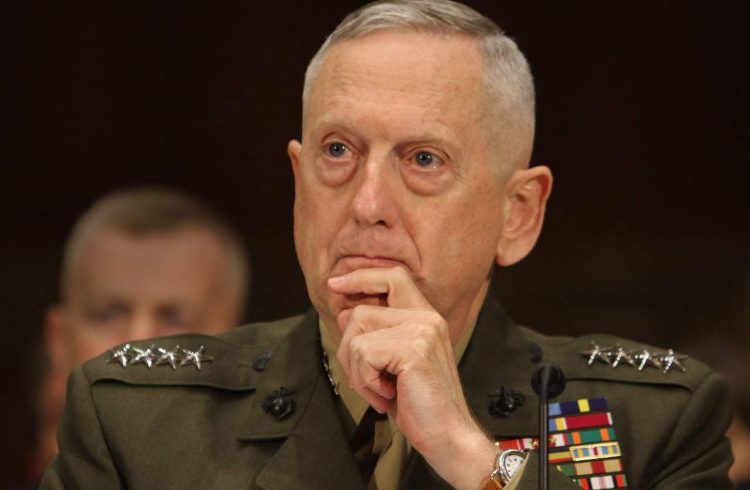U.S. Secretary of Defense Jim Mattis visited last Thursday the Guantanamo Naval Base to “wish the military posted there happy holidays,” reported AP. This is the first trip of a Pentagon chief to the base in almost 16 years and it takes place in the midst of uncertainty on what the government of Donald Trump will do with the prison.
Mattis was planning on meeting with the troops but it was reported that he will not go to the detention installations nor will he speak with the prisoners on the base.
President Trump has not ordered the release of any of the prisoners in Guantanamo, nor has he added any of them to the list of those who can already be officially released or be sent to a third country.
Mattis is the first secretary of defense to visit the Bay of Guantanamo since Donald Rumsfeld did so in January 2002, barely a few weeks after the arrival of the first prisoners from Afghanistan. The detention center was chosen to confine the alleged terrorists after the September 11, 2001 attacks.
The secretary of defense arrived in Guantanamo on Wednesday night and was accompanied by an AP reporter.
Forty-one prisoners remain in the detention center, of which 10 have been charged by a military commission and five can already officially leave, but the current government has not taken measures in relation to this.
This implies that 26 remain under indefinite arrest although some in the end could also receive the release order or be processed. Groups of attorneys are preparing new appeals arguing that if the prisoners are not released, the government has no legal foundation to say that the detention center is a temporary measure in times of war.
The Trump government hasn’t released any prisoner and has not added any name to the list of those who can return home or be relocated in a third country. Trump’s predecessor transferred 197 persons and former President George W. Bush more than 500.
The current government has not announced its policy on the detention center. But before assuming the presidency Trump said on Twitter that there wouldn’t be more releases in Gitmo, as the base is known. He wrote that they were extremely dangerous persons and shouldn’t be able to return to the battlefield.
AP / OnCuba










